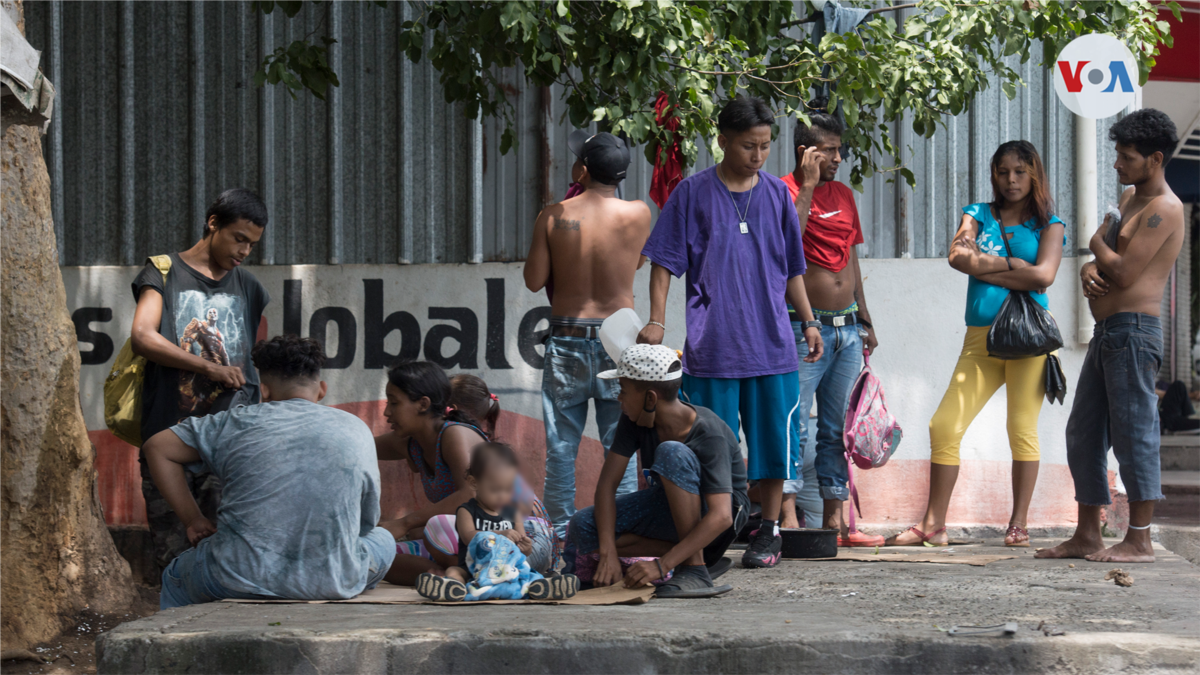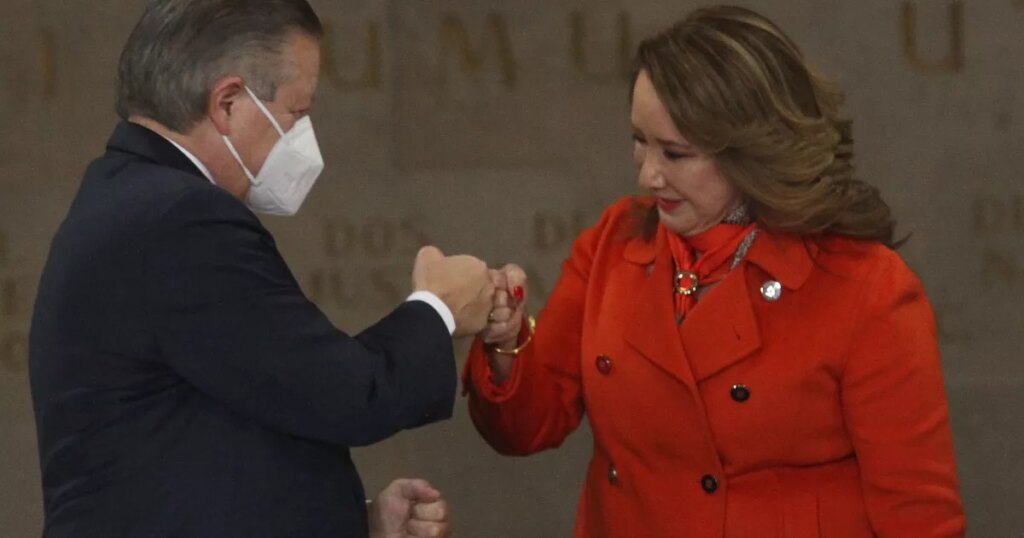The president of the Central Bank of Nicaragua (BCN), Ovidio Reyes, informed in mid-December about the projections that point to a growth between 3% and 4% by 2023, arguing that “a robust and growing economy is maintained” in the country despite what he described as “an uncertain world.”
According to Reyes, these projections for the economy are based on the positive behavior of the demand for exports with favorable prices, the growth of tourism and the flow of family remittances.
Meanwhile, the World Bank projects that growth in Nicaragua will moderate to 4.1 percent at the end of 2022 and drop to 2.0 percent in 2023, due to the economic slowdown world forecast by various specialists.
According to Reyes’ analysis, “if the world does slow down, Nicaragua’s would be a much better rate than the rest.” He also said that if this were the case, Nicaragua would be “in a position to continue with the economic expansion that we have been observing, but now the producers, the export sector must try to have more gains in production volume to compensate for the moderation of the prices”.
In 2021 Nicaragua grew at least 10.3% and 4% in 2022, according to official data.
Growth “divorced” from reality
And while the Nicaraguan authorities assure that 2023 will be a year of growth in economic terms, consulted experts anticipate an unfavorable outlook for the Central American nation.
The specialist Manuel Orozco, an expert in remittances and development at the Inter-American Dialogue, a think tank based in Washington, states that although Nicaragua grew 4% in 2022 “at a lagging pace”, this growth is “divorced from any economic recovery for the benefit” of Nicaraguans.
“The Nicaraguan economy is not providing enough resources for the citizens. The growth of 4% and possibly 2.5% in 2023 is not enough to satisfy needs, much less to generate wealth”, considers Orozco.
The analyst indicates that the cost of living has increased to very high levels, to such an extent that the average salary is 300 dollars, while the cost of the basic basket around 520 dollars.
“Actually, two thirds live on $150 a month. What sustains the regime are remittances, tax extortion, and foreign debt. That is not sustainable for the country,” warns Orozco.
Family remittances will reach a new record of 3.2 billion dollars this year, according to estimates by the Minister of Finance and Public Credit of Nicaragua, Iván Acosta.
The increase in this currency occurs at a time when the migration of Nicaraguans to the United States is also at historic levels with more than 100,000 people who have been registered when entering the southern border in the last year.
Economy with no signs of improvement
“What will happen in 2023 in the economy is a situation of mediocre clientelist economic performance,” Orozco assured the VOA.
Economist Óscar René Vargas, a deserter from the government of President Daniel Ortega, and currently in prison, predicted in an opinion piece published in November on his blog that the situation in Nicaragua will get worse. He also indicated that in the General Budget of the Republic 2023, the Ortega government establishes a “cushion” anticipating an economic adversity resulting from the negative repercussions of the announced recession of the world economy.
“This ‘cushion’ can be achieved based on the following policies: reduction of the exonerations that capital receives; increase revenue collection. More unemployment, greater migration, reduced purchasing power, inability to buy the basic food basket, malnutrition, hunger and more discontent among citizens,” Vargas said.
Gustavo Gatica, a Costa Rican economist and researcher, told the VOA that the economic growth that is expected in Nicaragua should be analyzed by virtue of how it would impact the population.
He explains that it will depend on various factors, including public policies and job creation. “In the case of Nicaragua, a relevant and critical aspect at the same time is that almost six out of ten jobs, that is, almost 60%, are in the informal economy sector and are jobs that do not have coverage or guarantees, and for this 4% growth to be effective, it would have to be transferred above all to employment within the formal economy,” Gatica assured.
On the other hand, various analysts agree that 2022 was a year with an “unfavorable” environment to attract investment to Nicaragua, due in part to the sanctions imposed by the United States government and the European Union, which do not recognize the results of the November 2021 elections, in which Daniel Ortega renewed his mandate.
Connect with the Voice of America! Subscribe to our channel Youtube and activate notifications, or follow us on social networks: Facebook, Twitter and instagram.















